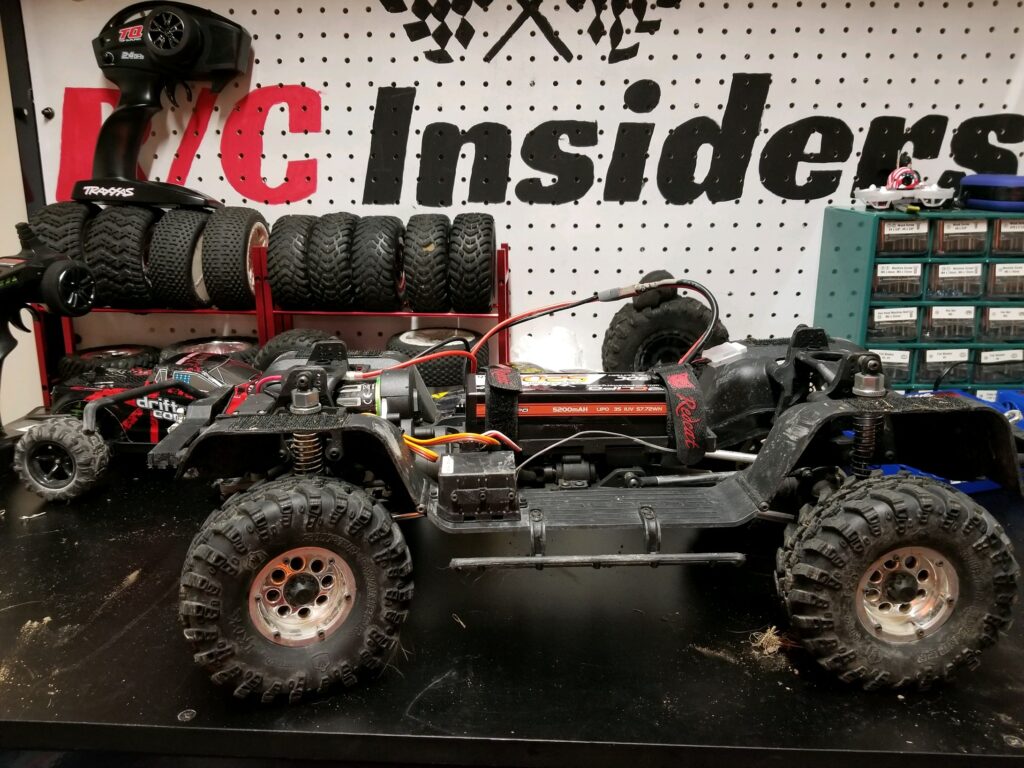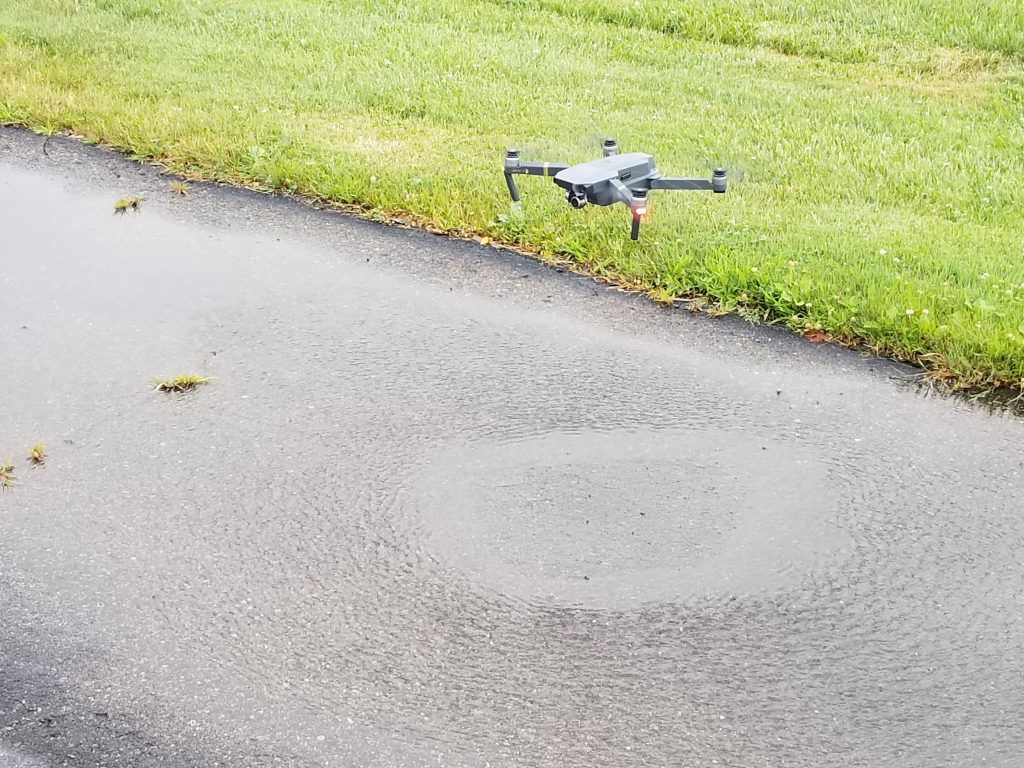Brushed VS Brushless Motors

When it comes to choosing the right motor for your project, you may have come across the terms brushed and brushless motors. Brushed VS brushless motors. These two types of motors are commonly used in a wide range of applications, including remote control cars, drones, and electric vehicles. But what’s the difference between them, and which one should you choose? Let’s take a closer look.
Brushed Motors
Brushed motors have been around for over a century and are still widely used today. They consist of a rotor, a stator, and a commutator. The rotor is the moving part of the motor, while the stator is the stationary part. The commutator is a mechanical switch that reverses the direction of the current flow in the rotor, causing it to spin.
The commutator is also where the brushes come in. The brushes are small pieces of carbon that make contact with the commutator and transfer the electrical current to the rotor. As the rotor spins, the brushes wear down and need to be replaced.

One of the advantages of brushed motors is their simplicity. They are easy to build and repair, making them ideal for DIY projects. They are also relatively inexpensive and can handle a wide range of voltages and currents. However, brushed motors have some drawbacks.
Brushed motors are commonly found in RC crawler type vehicles. They are designed more for torque than speed, which is what you need when tackling steep & muddy terrain.
One of our personal favorite crawlers is the Redcat Marksman. It is a large scale RC crawler that requires a lot of torque. This is a great application for a brushed motor. See it in action below.
They are less efficient than brushless motors, which means they generate more heat and waste more energy. They also have a shorter lifespan due to the wear and tear of the brushes, but they are much cheaper to repair or replace.
Brushless Motors
Brushless motors, on the other hand, have no brushes or commutators. Instead, they use a series of magnets and coils to create a rotating magnetic field that drives the rotor. This design eliminates the need for brushes, which means less friction, less heat, and more efficiency.

Because brushless motors are more efficient, they are often used in applications where energy efficiency is critical, such as electric vehicles and drones. They also have a longer lifespan since there are no brushes to wear down. However, brushless motors are more complex and more expensive to build and repair than brushed motors.
One of our favorite drones is the DJI Mavic Pro
The Mavic Pro drone features 4 brushless motors. The brushless motors have lasted for years & thousands of flight miles. See it in action in our review video below & then we will wrap thins up with some thoughts on which motor is right for you.
Brushed VS Brushless Motors: What’s The Difference?
The choice between brushed and brushless motors depends on your specific needs. If you’re looking for a simple and inexpensive motor for a DIY project, a brushed motor may be the way to go. If you need a more efficient and durable motor for an electric vehicle or drone, a brushless motor is the better choice.
When it comes to power and speed, both types of motors can perform well. However, brushless motors are generally more powerful and can reach higher speeds than brushed motors. They also have better control and accuracy, which is important in precision applications.
In terms of noise, brushless motors are quieter than brushed motors. The brushes in a brushed motor can cause a buzzing sound, which can be annoying in some applications. Brushless motors, on the other hand, are virtually silent, making them ideal for applications where noise is a concern.
Brushless VS Brushed Motors – That’s A Wrap!
In summary, the difference between brushed and brushless motors comes down to efficiency, complexity, and cost. Brushed motors are simple and inexpensive but less efficient and have a shorter lifespan.
Brushless motors are more complex and expensive but more efficient and have a longer lifespan. Choosing the right motor depends on your specific needs and budget. If you’re still unsure which type of motor to choose, consult a professional or do some research online to find the best motor for your project. Or just ask us by leaving a comment below!
If you have ever had an interest in drones, RC’s or tools, check us on YouTube. We do something cool & fun all the time 🙂
Brushed VS brushless motors…Now you know some differences.
